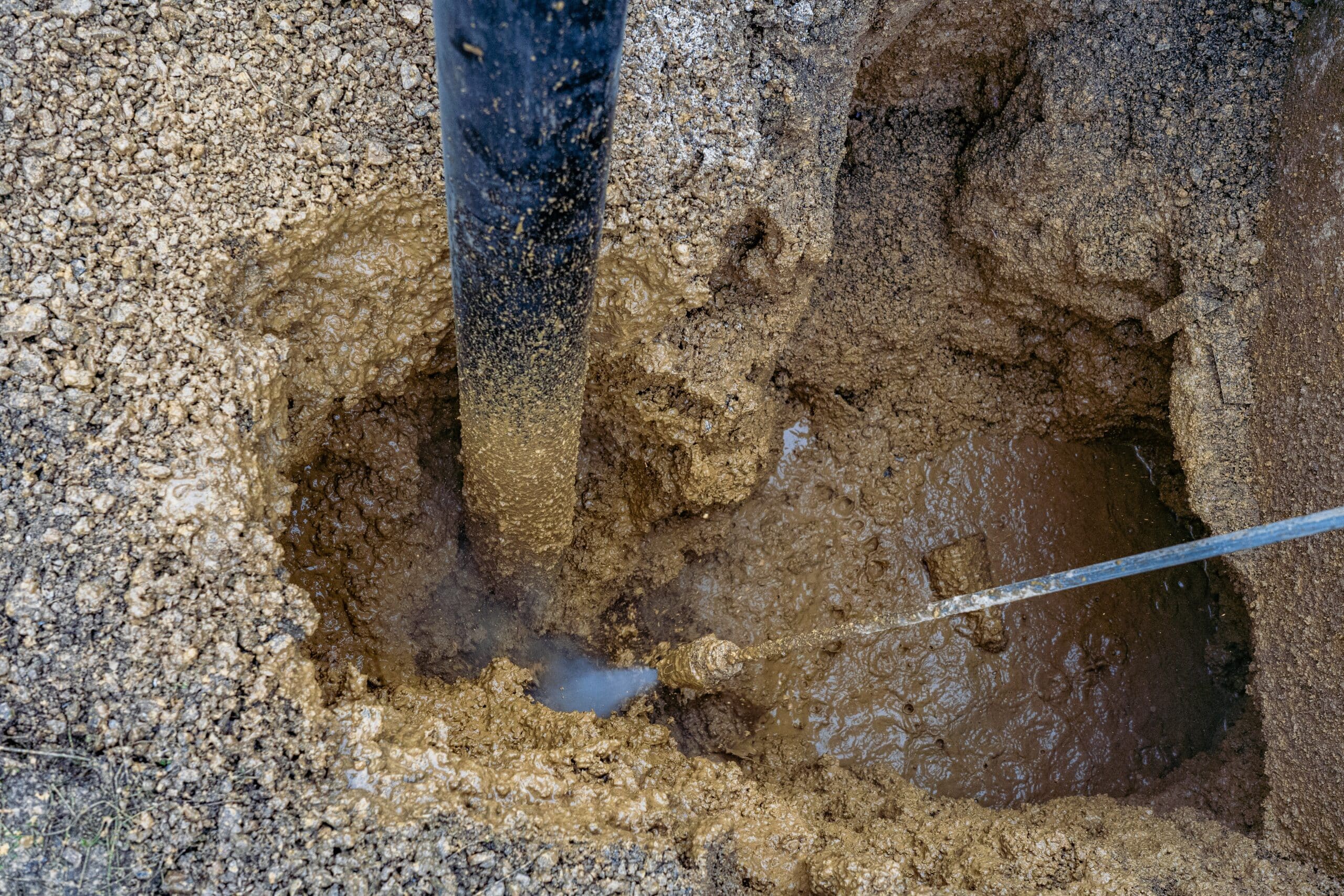
25 Aug Hydro Excavation in Michigan: Techniques, Benefits, and Best Practices
Understanding Hydro Excavation
Introduction to Hydro Excavation
Hydro excavation is a cutting-edge excavation method that uses water to break up soil, followed by a vacuum to remove the debris and create a clear, precise hole. In a place like Michigan, with its varied terrains and infrastructure challenges, the precision and safety of hydro excavation have become invaluable.
How Hydro Excavation Works
At the core of the hydro excavation process are two main elements:
- The process and equipment involved: A hydro excavation truck, equipped with a high-pressure water system and a powerful vacuum, is used. The high-pressure water breaks up the soil, while the vacuum lifts and transfers the debris into a holding tank on the truck.
- Water pressure and vacuum extraction techniques: By adjusting the water pressure and utilizing the right nozzle, operators can control the intensity and direction of the excavation. This allows for precise, targeted work, minimizing the risk to any surrounding structures or utilities.
Key Benefits of Hydro Excavation
- Precision and safety: One of the biggest advantages is its precision. Traditional methods can inadvertently damage underground utilities like water, gas, or electric lines. With hydro excavation, the risks are significantly reduced.
- Environmental benefits:
- Less soil disturbance means fewer chances of erosion or sediment run-off.
- The process is less invasive, causing minimal harm to the surrounding environment.
- Time and cost savings: Faster than many traditional methods, hydro excavation can lead to fewer man-hours, and consequently, lower labor costs.
- Reduction of traffic disruptions and site damage: With a smaller footprint and more precise operations, traffic detours, and long-term disruptions are minimized.

Hydro Excavation vs. Traditional Excavation
- Key differences:
- Traditional excavation relies heavily on mechanical equipment like backhoes or manual labor, while hydro excavation primarily uses water and vacuum.
- The debris from traditional excavation remains onsite unless moved, whereas with hydro excavation, it’s instantly moved to the truck’s tank.
- Why hydro excavation has an edge in certain scenarios:
- Safety: Lower risk of damaging underground utilities.
- Flexibility: It can be used in various terrains and conditions.
- Precision: Ability to dig exact dimensions with minimal error.
Specific Applications in Michigan
- Infrastructure and urban development projects: As Michigan urbanizes, ensuring that infrastructure is built without damaging existing utilities is crucial. Hydro excavation aids in accurate and safe digging for such projects.
- Utility repair and installation: Installing new utilities or repairing old ones without causing extensive surface damage is made easier with this technique.
- Environmental restoration projects: In projects aiming to restore or preserve natural habitats, minimal environmental disturbance is key. Hydro excavation ensures just that, making it an ideal choice for such initiatives in Michigan.
In conclusion, as Michigan continues its growth trajectory, the demand for innovative, efficient, and safe excavation methods like hydro excavation will only increase. Whether it’s for large-scale infrastructure projects or delicate environmental restoration, hydro excavation stands out as the optimal choice.
Adopting Hydro Excavation in Michigan
Safety Protocols and Best Practices
Safety is paramount when dealing with excavation. For hydro excavation in Michigan, certain protocols should always be in place:
- Proper training and equipment maintenance: Just like any heavy machinery, the equipment used for hydro excavation requires regular maintenance. Operators should undergo thorough training to understand the nuances of the equipment and the excavation process.
- Soil type considerations: Different soil types in Michigan — from sandy to clayey — can influence the hydro excavation process. It’s essential to understand and anticipate how the soil will respond to ensure efficiency and safety.
- Winter hydro excavation using heated water: Michigan’s frigid winters pose a unique challenge. Using heated water can help break through the frozen ground, making hydro excavation feasible even in colder months.
Embrace the future of excavation with hydro excavation in Michigan, combining precision and safety. Trust in PROS Services, leading the way and serving Southeast Michigan since 1954. Reach out now and let us deliver unparalleled excavation solutions tailored to Michigan’s unique terrains and challenges.

